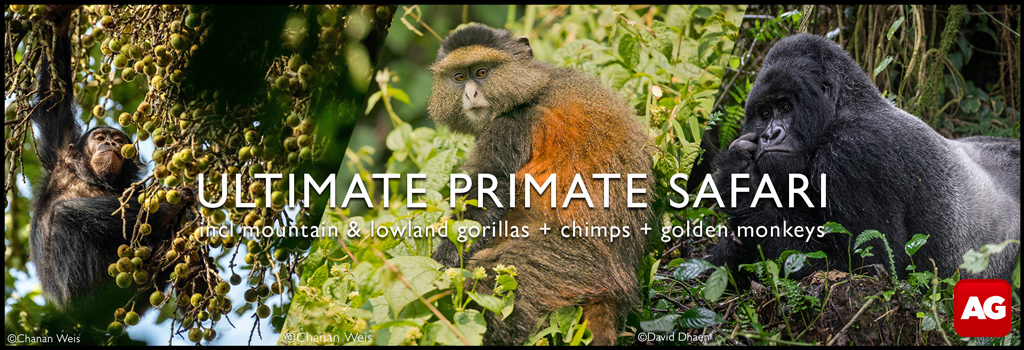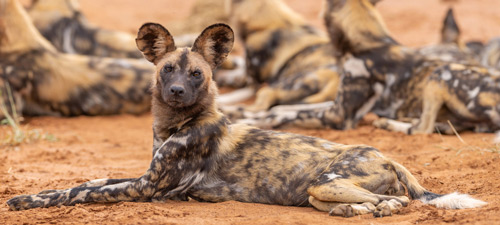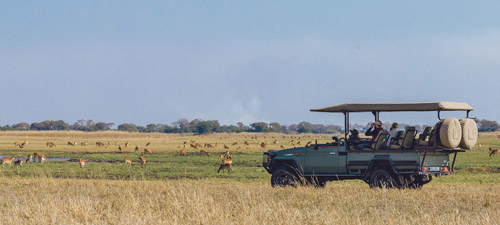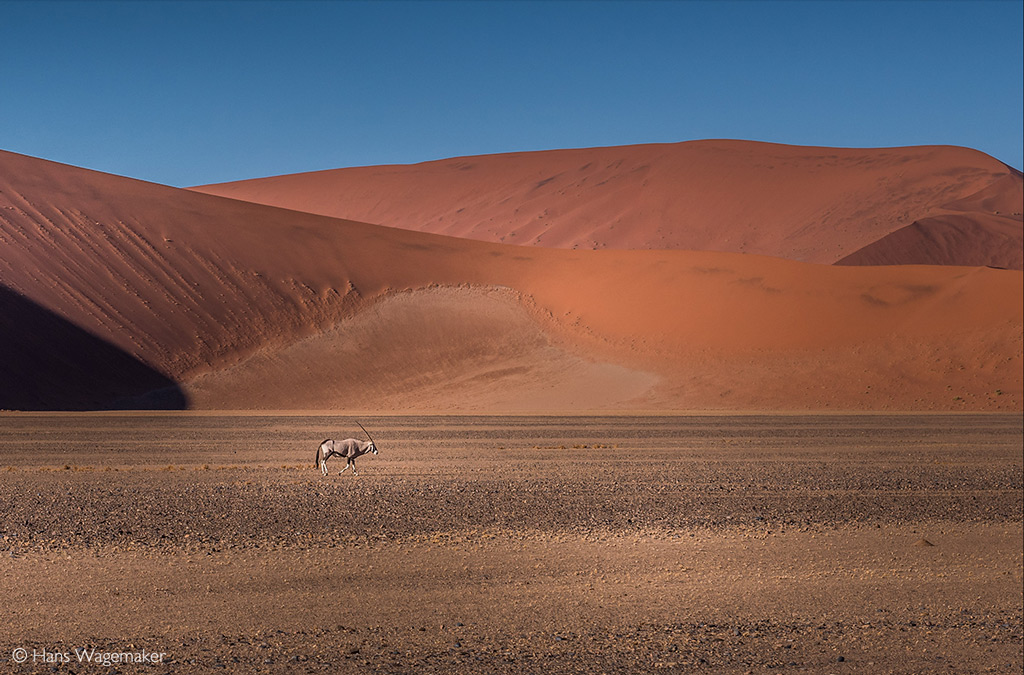
CEO NOTE: 26 February 2021
This is a copy of our weekly email newsletter. Subscribe here to receive the newsletter.
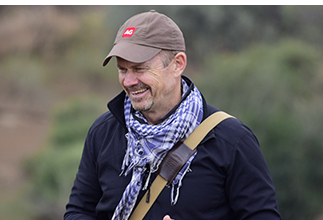 I have a brief story to tell, and it goes some way to explaining why conservation is in such a mess these days.
I have a brief story to tell, and it goes some way to explaining why conservation is in such a mess these days.
Two talented, passionate people have taken up the cause of lion conservation and made a career of it. Neither lives in Africa. Both have recently featured regularly on international television and news media. BUT they occupy opposite ends of the acrimonious debates about the role of trophy hunting in wild lion conservation. And they regularly slag each other off on social media – often flinging out reams of information at their adoring followers.
We approached each to write a story for us, including providing FACTUAL evidence backing up their oft-repeated claims about the evils/benefits of trophy hunting of wild lions. Neither knew that we had approached the other. Both submitted their stories to us, but neither has responded to our fact-check questions, despite repeated requests going back many months.
And there you have it. While INFLUENCERS slug it out for dopamine-infused social media fame, Rome burns. It is what it is.
Keep the passion

Simon Espley – CEO, Africa Geographic
From our Editor-in-Chief
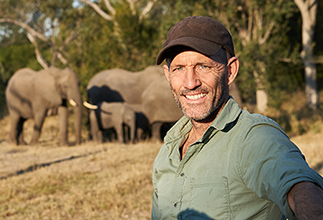 In the wake of Hukumuri’s death, lots of people are now interested in human-wildlife conflict (HWC). Many wanted to replace Romina Mathonsi’s livestock. The issue of compensation for livestock killed by wild predators is complicated. Some research shows it exacerbates HWC. Other research indicates precisely the opposite. I went to find out how or if compensation is given on the Greater Kruger National Park’s western borders by the national park, the private reserves, and the provincial governments. I also spoke to NGOs working in the HWC space. I doubt Romina Mathonsi (or anyone who has lost livestock) gives a flying hoot about the reams of research, conferences and committees deciding whether or not compensation is a good idea. She needs goats. Thornybush River Lodge, didn’t muck about. They bought two goats and delivered them quietly to her. So as the debate rages, at least Ms Mathonsi has some comfort. Find out more in our first story below.
In the wake of Hukumuri’s death, lots of people are now interested in human-wildlife conflict (HWC). Many wanted to replace Romina Mathonsi’s livestock. The issue of compensation for livestock killed by wild predators is complicated. Some research shows it exacerbates HWC. Other research indicates precisely the opposite. I went to find out how or if compensation is given on the Greater Kruger National Park’s western borders by the national park, the private reserves, and the provincial governments. I also spoke to NGOs working in the HWC space. I doubt Romina Mathonsi (or anyone who has lost livestock) gives a flying hoot about the reams of research, conferences and committees deciding whether or not compensation is a good idea. She needs goats. Thornybush River Lodge, didn’t muck about. They bought two goats and delivered them quietly to her. So as the debate rages, at least Ms Mathonsi has some comfort. Find out more in our first story below.
Our second story below tackles the conservation effect of farming wild species and legalising trade in their parts for human consumption. Interestingly for me, apparently stigmatising wildlife consumption helps reduce demand.
The subject of our third story below, looks at the slightly taller, red-eared version of the domestic moggy, but, to paraphrase Basil Fawlty…cuddle that, and you’ll never play the guitar again.
Finally, the seventh week of glorious African celebration through your images in our Photographer of the Year, which carries a prize of 10 000 USD and a six-day safari to Khwai in Botswana. Here’s all you need to know about entering. We are looking for pictures that evoke emotion and tell an African story.

Story 1
https://africageographic.com/stories/compensation-for-damage-causing-animals-near-kruger-np/
HUKUMURI FOLLOW-UP
Is there compensation when rural villagers lose livestock and crops to wildlife on the western border of Kruger NP? We ask questions and find out
Story 2
https://africageographic.com/stories/african-wildcat/
TOUGH MOGGIES
The African wildcat is one of Africa’s “Secret 7” – tough little cats are just as untamed and fierce as their iconic big cat cousins. Read more here
Story 3
https://africageographic.com/stories/does-the-farming-and-legal-trade-of-wildlife-do-more-harm-than-good-new-study/
SUSTAINABLE?
Farming and legal trade of wildlife could increase demand for wildlife products and so be negative from a conservation perspective – research
Story 4
https://africageographic.com/stories/photographer-of-the-year-2021-weekly-selection-week-7/
BEST PHOTOS
Week Seven of our 2021 Photographer of the Year
To comment on this story: Login (or sign up) to our app here - it's a troll-free safe place 🙂.![]()

